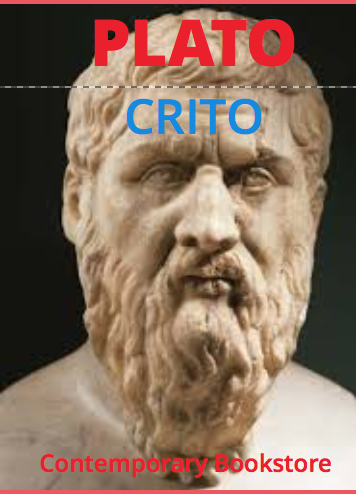Description
CRITO
PLATO
The difficulty Plato faced in composing the dialogue was to somehow justify Socrates’ decision to stay in prison rather than try to escape after his wrongful condemnation. To do this, Plato had to draw out a distinction between the just Laws, which Socrates must obey by staying in prison, and the unjust behavior of Socrates’ accusers, who sentenced him to death.
The problem is that Socrates’ accusers have unjustly sentenced him by using the Laws. By giving the Laws their own voice, Plato hopes to distinguish them as a separate entity, making them something human toward which Socrates might be able to act unjustly. However, it is highly debatable how far one can truly separate the laws of a state from the people who apply them. In this instance, we have the people of the state condemning Socrates and the Laws of the state following suit and persuading Socrates that he must face death in order to avoid breaking them. But if both the people and the Laws have ruled that Socrates must be executed, either the people are siding with the Laws or the Laws are siding with the people. And regardless of which of these is the case, it seems odd to assert that the Laws are just and must be respected and that the people are unjust and should not be respected.
It seems Crito, who is trying to persuade Socrates to escape, and Socrates are in a sense talking past one another.
The Crito‘s distinguished reputation rests largely on the idea of the social contract that Socrates introduces. It is the first suggestion in Western civilization that a legal system exists as a result of a kind of contract between the individual and the state, and this idea has had a tremendous impact on the modern world. Also, the very confusion a reader finds in wading through these arguments is a great motivation to sort through issues of justice and law oneself. After all, Plato’s goal is not ultimately to present the final word on any particular issue. He chooses the dialogue form precisely because he wants to encourage us to think for ourselves.






Avis
Il n’y a pas encore d’avis.